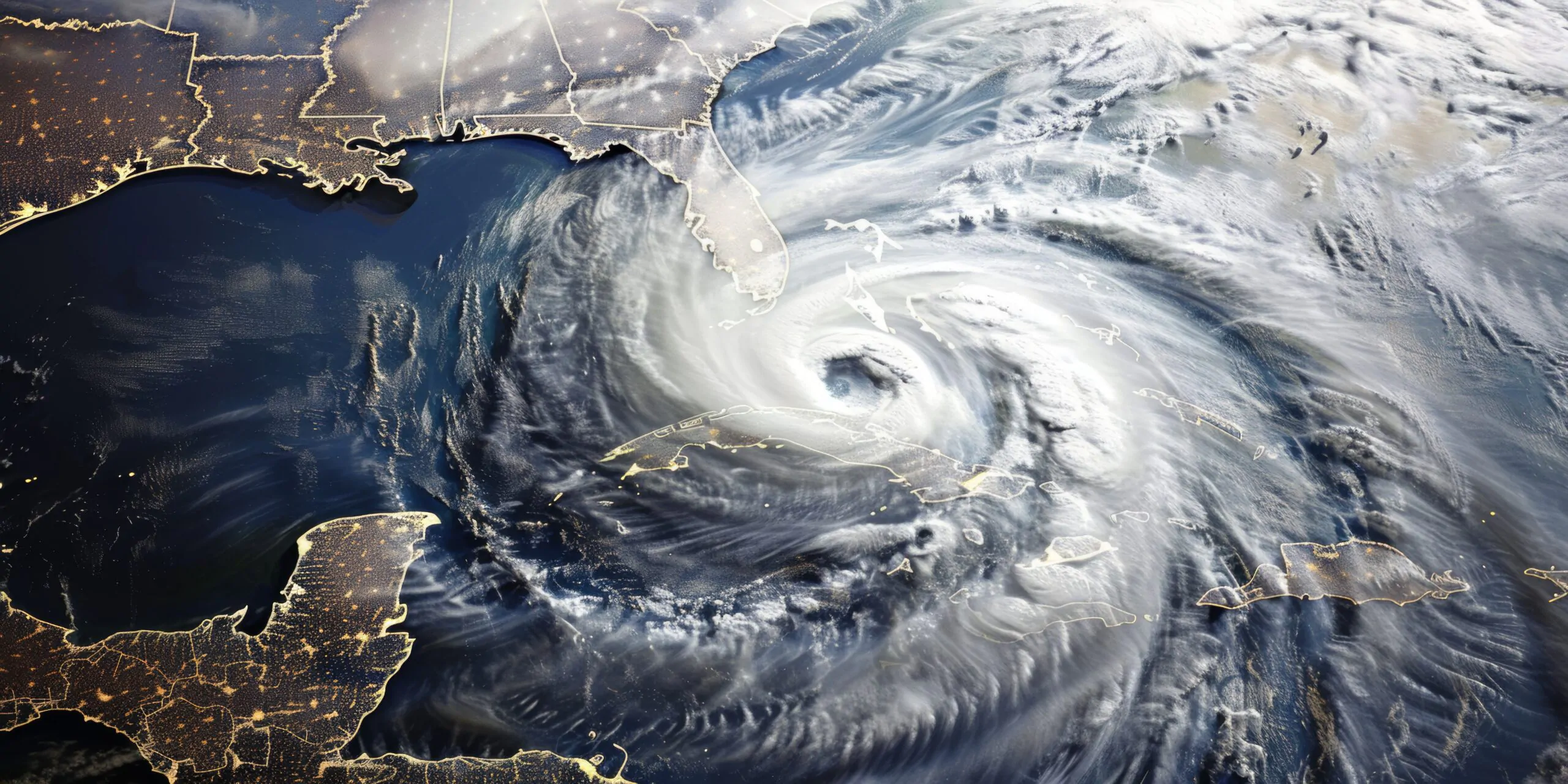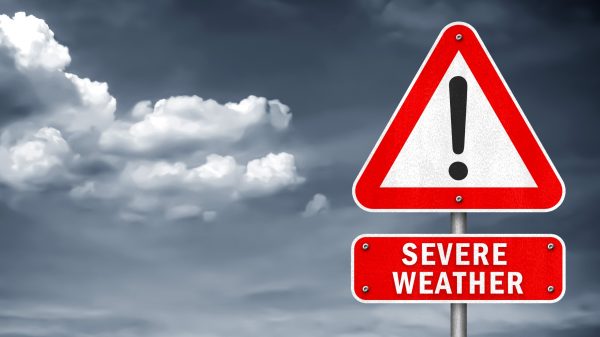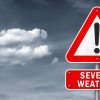Hurricane season is officially here and reports indicate this year could be an above-average season. From June through November the oil and natural gas industry stands vigilant, implementing critical measures to help ensure smooth operations continue in the Gulf of America.
In Alabama, we are no stranger to the threat large storms pose. What is not as widely understood is how hurricanes affect oil and natural gas operations when a storm enters the Gulf, and the steps hard-working oil and natural gas operators take to prepare for such events. The industry focuses on ensuring the safety of its employees, supporting emergency operations, protecting the environment, infrastructure, and supply chain reliability.
The Gulf of America region is the heart of the nation’s oil and natural gas industry, accounting for over 50 percent of U.S. refining capacity. The region boasts mission critical infrastructure for oil and natural gas operations that the entire country depends on, including refineries, pipelines, and even port operations which transport products. We take this responsibility seriously, because the interconnected nature of the supply chain means that when a storm hits the Gulf, it has the potential to rattle the entire country’s energy and economic security.
Hurricane preparedness is a year-round effort that begins with sound infrastructure and safety standards. The American Petroleum Institute (API) works with operators to develop voluntary standards for facilities, pipelines, and projects, both onshore and offshore, which are designed to withstand the frequent storms in the region. There are rigorous inspection protocols in place to help protect our workers and the surrounding natural environment. These protocols include best practices to monitor storms, evacuate personnel, safely shut down operations, and prepare generators to get systems back up and running when safe to do so.
These safety protocols are essential to supporting supply chain reliability and ensuring the best opportunity to provide Americans with fuel at the pump before, during, and after a storm. According to the Energy Information Administration (EIA), over 60 percent of the gasoline used on the East Coast and about 18 percent of the crude oil run in refineries in the Midwest is shipped from the Gulf of America. The nation also relies heavily on the vast pipeline network that begins in the Gulf.
Once a storm passes, the oil and natural gas industry begins to immediately assess the infrastructure and to coordinate with federal, state, and local officials to make critical fuel and natural gas supplies available. Vital to recovery is having good and accurate information and providing flexibility to the industries bringing energy back to where it is needed.
The oil and natural gas industry provides gasoline and diesel to first responders and transportation crews, to linemen restoring electricity to customers, to utility companies for power generation (diesel and natural gas), and providing life sustaining power needed to operate hospitals, nursing homes, and assisted living facilities. Reliable fuel and natural gas supplies are also essential for utilities to provide America’s citizens to power their air conditioning and medical devices when impacted by storms.
Beyond industry preparations, there are also things we can all do individually to prepare for a storm. As noted on Ready.gov, keeping your personal vehicle consistently filled at least a half tank during hurricane season will help ensure your family has the ability to quickly evacuate if needed to a safe destination at the direction of local officials. If you plan to use a generator following a storm, Ready.gov recommends generators and fuel should always be used outdoors and at least 20 feet away from windows, doors, and attached garages. Only store fuel in approved containers. For more information on how you can personally prepare, review more tips from Alabama Emergency Management Agency (https://ema.alabama.gov/), as well as information from your local emergency management officials.
The industry’s hurricane preparedness in the Gulf of America holds both local and national importance. We believe it is important to help ensure all citizens affected by hurricanes have access to the fuel they need before, during, and following a storm. We are also committed to providing natural gas to the electric utilities to ensure they have what they need to provide power to neighborhoods and critical infrastructure. This season, we are prepared to work with local, state, and federal officials to safeguard communities and maintain reliable oil and natural gas operations.




















































